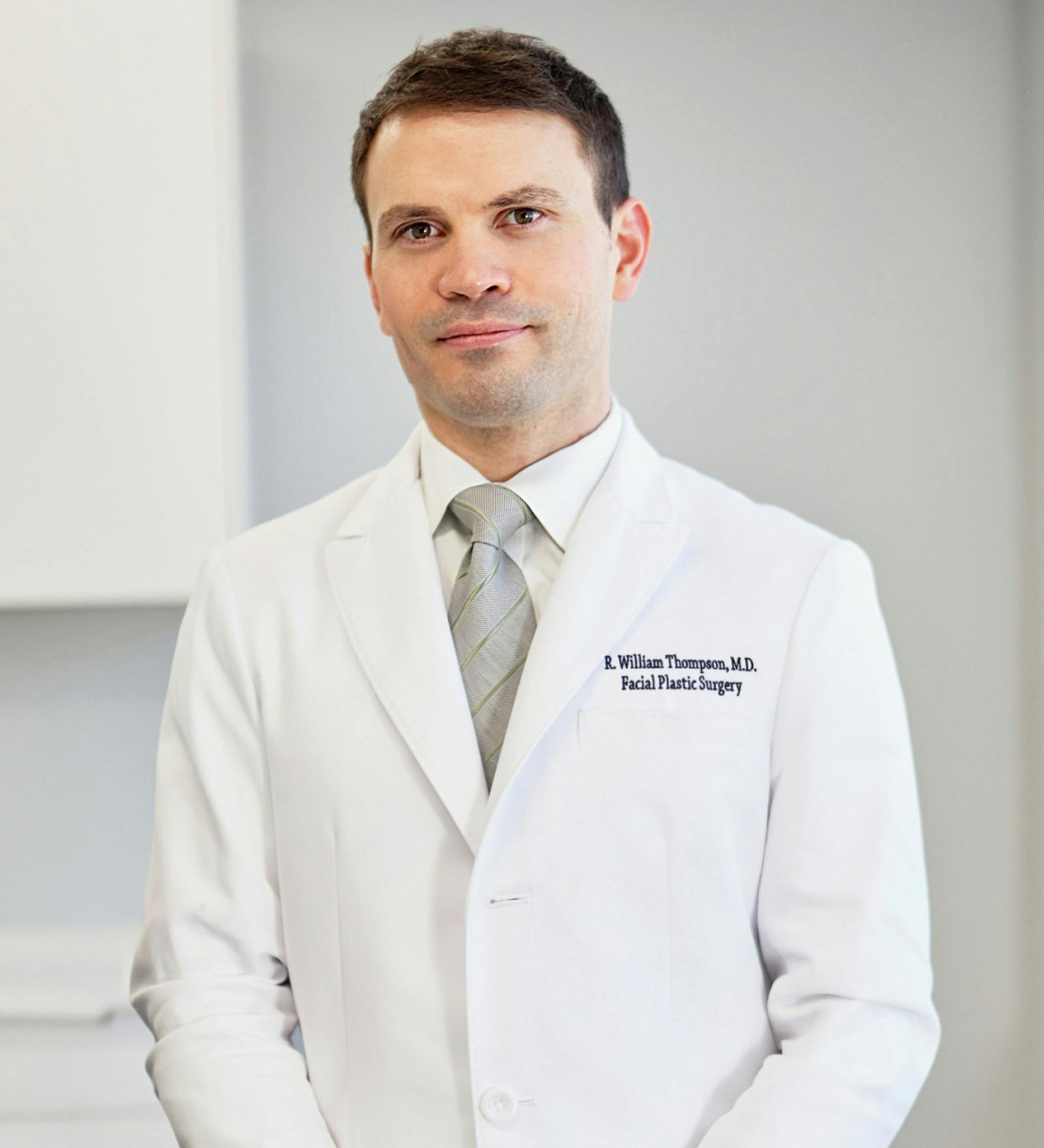For those looking for a simple, non-invasive solution for smoother skin and a revitalized appearance, look no further than our chemical peels in Denver!
Is a Chemical Peel Right for Me?
Ideal candidates for chemical peels in Denver are healthy adults who want to improve the appearance of their skin, have realistic expectations, and are proactive in their skincare. During a consultation at his Denver office, Dr. Thompson recommends the best option for each patient’s skin condition and type. In certain situations, Dr. Thompson may recommend a different treatment for patients with darker skin tones. He has experience working with every skin type and recommends the safest and most effective treatment options for each patient.












